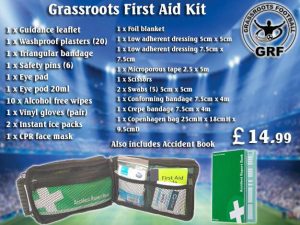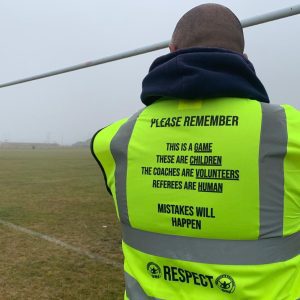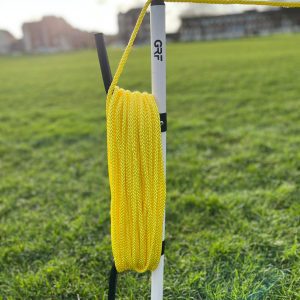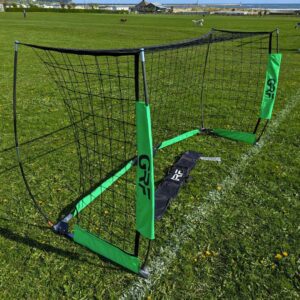Rarely do coaching sessions or match days go perfectly to plan. Here, FA county coach developer, Lee Brown, outlines 10 common problems encountered by coaches offering a variety of solutions you can use with your players.
1) The session isn’t working
If your session has lots of intricacies and isn’t going to plan, it’s important to ask yourself “why are the players there?” The answer is always: to play a game. Don’t be afraid to put them into a match if things aren’t going well, but also consider how you can achieve a tangible outcome that links to your learning objective. Challenge the players. “Try to dribble past at least one player before sharing or shooting” is a good match based dribbling challenge.
2) The players aren’t grasping the session topic
Patience is required when players are trying to learn new things. There are times when the group won’t get things first or second time and the coach should be there to support and help. What the players don’t need is for the practice to be stopped as soon as it looks like they’re struggling. Give them time to solve problems and work things out for themselves
3) Some of the players are finding the practice too easy, or too hard
Using the STEP principle during the session – changing space, task, equipment, players –can help engage, challenge and motivate the group. By adapting, editing and changing different aspects of the practice you can find different outcomes for everyone. Make plans that allow you to simplify or extend practices and appropriately challenge individuals.
4) I don’t have enough players to have even teams
When the team numbers at training aren’t evenly matched, coaches often find themselves joining in or going in goal. Instead, it’s important to try and link the session objective with specific situations in the game where there are uneven numbers. For example, think about a centre forward receiving back to goal against two defenders.
Players need to practise different game scenarios where they have either more or less players than the opposition.
5) What should I do if a player gets injured or has to leave early?
Sometimes players have to leave a practice session early or aren’t feeling well – it is an issue that also occurs on match day. Use the opportunity to practise that scenario. For example: pretend a player has been sent-off. There are lots of scenarios that occur in football where things are out of your control as a coach. The more you practise them, the more comfortable they will become.
6) I want to play a ‘proper’ game but we only have one goal to use
To make a practice game-related you would ideally have two goals to use – but this isn’t a reality for all coaches. If you only have one goal, you might want to consider using a phase of play type practice where one team attacks the goal and the other has to attack a mini-goal, end-line or play into a target player before allowing the practice to start again going the other way.
7) Our goalkeeper hasn’t turned up
It’s not imperative that you have a goalkeeper for training. Instead, let different players have a go in goal just in case the goalkeeper isn’t available on match day. Taking turns as the a goalkeeper can also help shape positive behaviour. By working together to have a go as the goalkeeper the players will develop a number of social skills about co-operation and teamwork.
8) We’re losing the game but need to make substitutions for equal game time
Match day is the acid test for your coaching philosophy. If your team is 1-0 down and you are concerned about ‘weakening’ your team to provide equal playing time– what will you do? In answering this, it is important to ask yourself what your role is as the adult and coach? If you believe in learning and development at training then your behaviour should be consistent.
9) The kids won’t stop messing around
If the players are displaying poor behaviour then you may feel frustrated and feel the urge to stop the practice. Instead, it is important to understand that you can’t always control the players’ behaviour, but you can control your own. By staying in control of your emotions you can look at tweaking the session to motivate the players with a calm mindset.
10) I get too caught up in the action on match day
Using a notebook or a whiteboard on match day can help to manage the emotion of the event. Making notes or setting observation tasks for the substitutes can help you manage your emotional responses and prevent you from solely focusing on the ball or the result. It will also help you consider what you’re going to say during the breaks. Challenge yourself to be absolutely silent for at least 2 minutes of your next game and evaluate what effect it has on the player’s decision-making
Article courtesy of the FA Bootroom, and written by Lee Brown, FA county developer Follow: @leebrownNFA
Sign up to our FREE Newsletter HERE [wysija_form id=”1″]










0 Comments